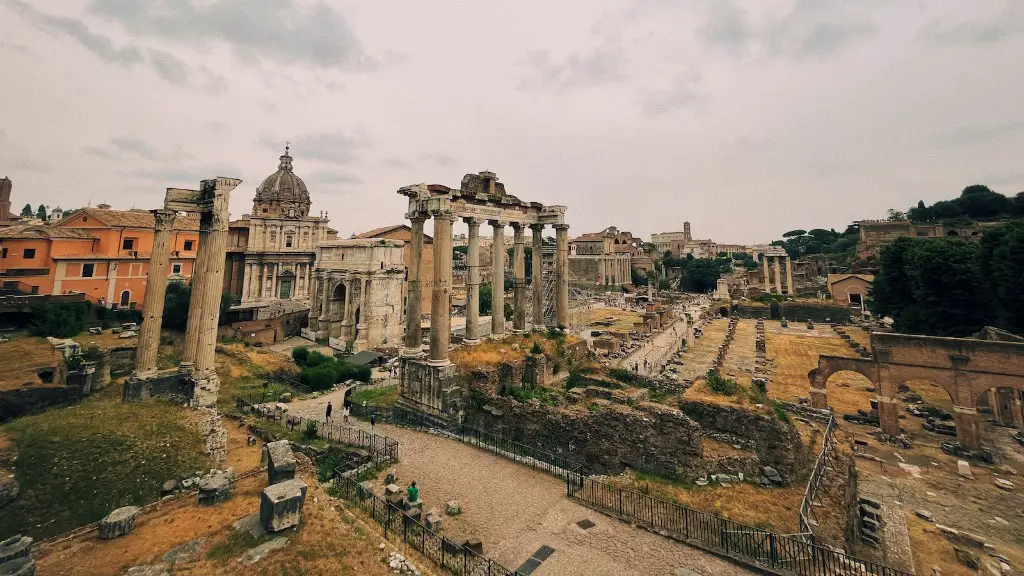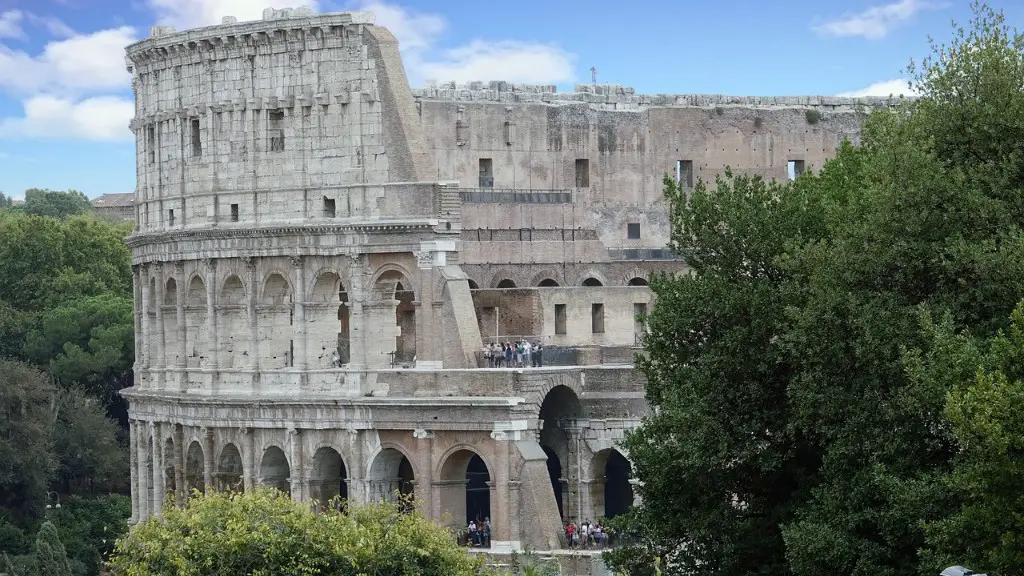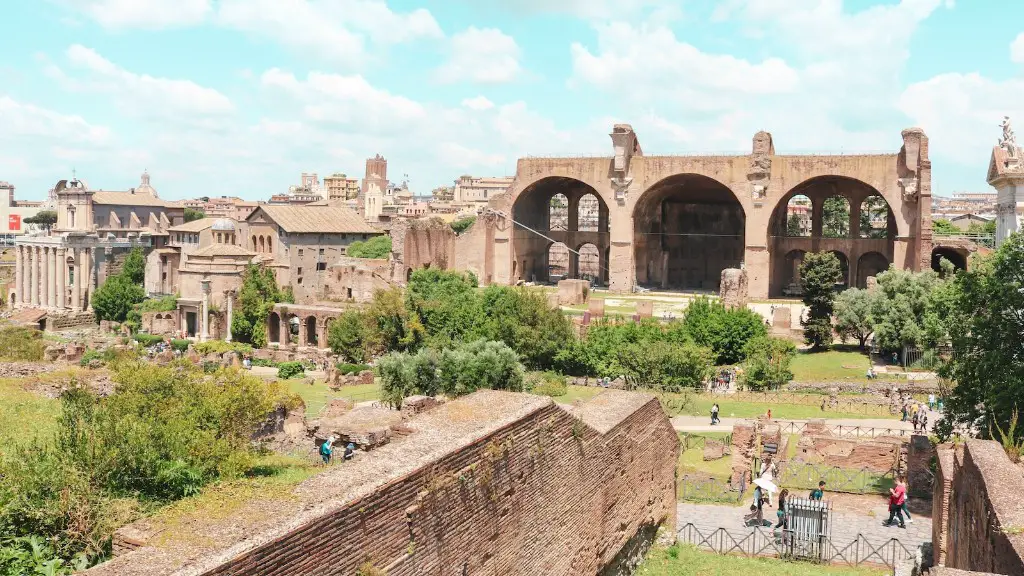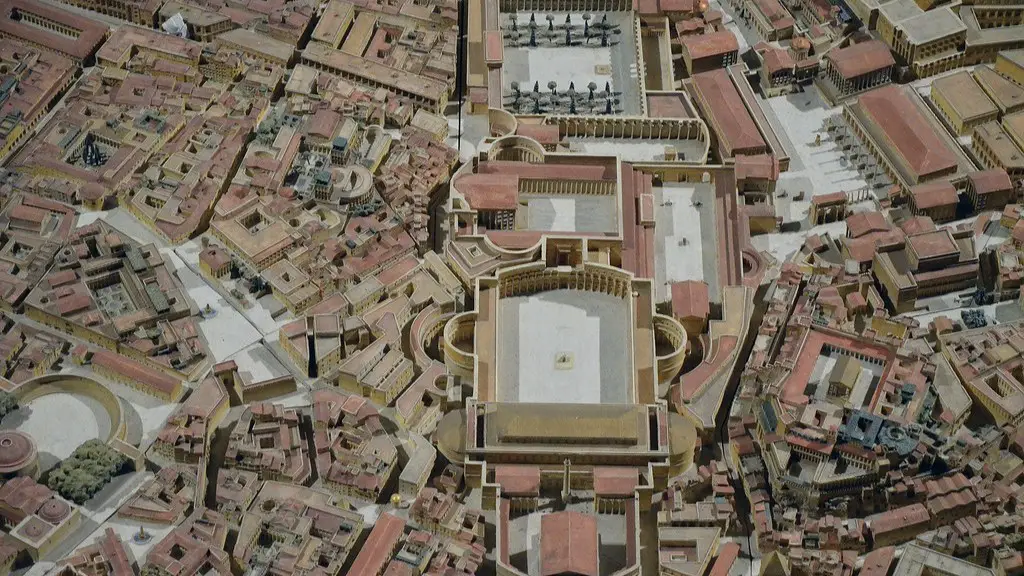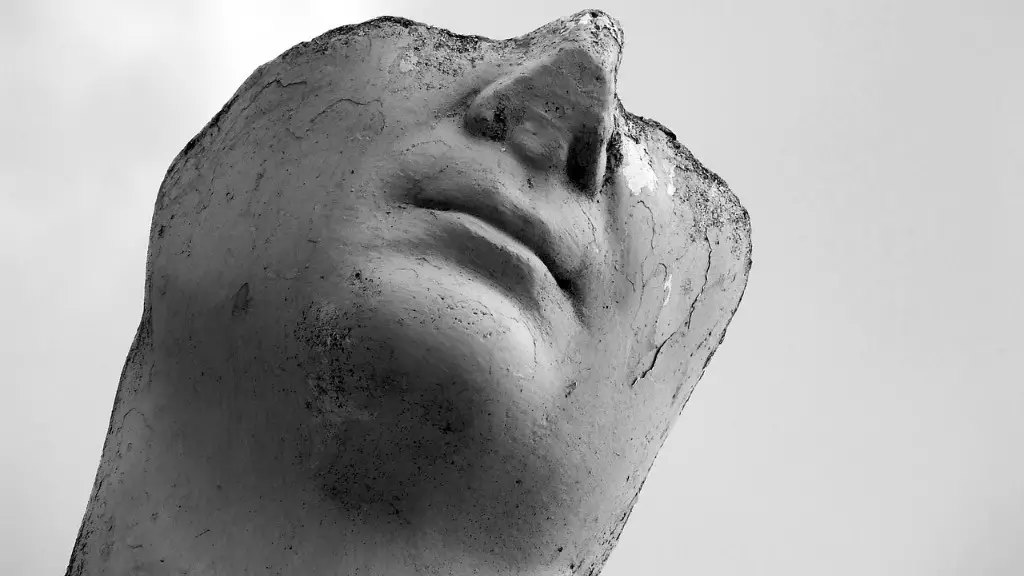In Ancient Rome, men occupied a place of great importance for the economics, religion and politics of the society. The father was the head of the family and had the responsibility of the education and maintenance of his children. Adult male citizens had the right to vote while women and slaves did not. But that didn’t mean that Ancient Rome was a male-only society. Women could become important Priestesses, governesses, regents and teachers. Men, however, did play a more central role in the daily affairs of the Roman Empire.
Men in Ancient Rome were generally divided among three sets of people; Patricians, Plebeians and Slaves. Patricians were the wealthy elite of the society while plebeians were the lower class citizens. Slaves had no legal rights whatsoever and were purchased to work in households or businesses. Wealthy families often had many slaves to perform all manner of tasks such as tending to orchards, acting as guards and performing food preparation. Most public roles were also in the hands of male citizens, such as magistrates, politicians and military commanders. Male citizens were also responsible for carrying out official business for the state such as land management, taxation and construction projects.
One of the most important roles for men in Ancient Rome was that of a soldier, particularly in the later periods of the Empire’s history. From their early history the Romans were a militaristic society which relied heavily on their soldiers’ skills and bravery. The legions of the Imperial army were made up almost exclusively of male citizens. During battle men could be called on to carry out dangerous missions and even die in the line of service. The military was also one of the few avenues through which members of the lower classes could gain wealth and social standing. It was not uncommon for those who served in the legions to be rewarded with land to exploit or rights to trade upon their return.
Men also had a major role to play in the various forms of Roman entertainment. Boxing, wrestling and chariot-racing at the Colosseum were almost entirely dominated by men. Other forms of entertainment, such as theater, often had both male and female performers, but the performing arts in Roman society were largely the domain of male citizens. As the historians Tacitus and Pliny the Elder both noted, the stage in Rome was ruled by male actors, with female roles typically played by men in costume.
In terms of finance, men largely held control over the family’s wealth. Due to the patriarchal system of inheritance women were rarely provided with any substantial inheritance upon their husband’s death, although it was not unheard of for a woman to make a legal claim to the estate. Men were thus able to make decisions on the management of family wealth without interference, meaning that the acquisition and transfer of money and property was almost solely within their realm.
Men also had a powerful influence in the state religion of Ancient Rome. Roman gods were typically male, although some, such as Venus and Juno, had female counterparts. Priests and representatives of the gods were almost exclusively male and powerful religious figures had a major say in the Imperial government. Male priests also played a major role in the auguring of important events, as they alone enjoyed the legal right to interpret the will of the gods. In addition, it was only the male Vestal Virgins who were able to perform the important ceremonies of Vesta, the goddess of hearth and home.
Politics
As mentioned before, men had the right to vote in Ancient Rome, holding a much greater say in public affairs than women or slaves. This was especially true of the wealthy elite and older men of the society, who were held with respect as wise and knowledgeable cultivators of tradition. During elections for office, older male citizens could be influential in the campaign, more often than not placing a favored candidate in office who satisfied their political point of view. The emperor was always a male citizen and men could take on a variety of official roles and titles. In addition, those men in charge of business contracts and government projects could wield a great deal of influence in Roman society.
Men in Ancient Rome also enjoyed greater social liberties than their female and slave counterparts. As the primary breadwinner and head of the household, a man was all but guaranteed a place of respect, even if financially ruined. It was not uncommon for men to take on mistresses, known as concubines, and enjoy parties with fellow upper-class citizens even to the neglect of their wives.
Male citizens also had the advantage of being able to speak openly in public. They often were able to deliver speeches at assemblies, discuss matters with their peers, or act as legal advocates in court. Those of lower classes, however, enjoyed less protection when voicing dissent or criticism.
Education
Education in the Roman Empire was almost exclusively a male-dominated affair. Boys at wealthy households were often schooled in a variety of subjects such as rhetoric, law and history. Girls of the elite classes were often taught basic reading and writing, but for the most part girls were excluded from higher education due to their status in society. Boys also were required to learn the martial arts, as it was expected that they would join the military or take on some official role.
The Roman Empire was also home to some of the world’s first universities. While education at these institutions was exclusively for those who could afford it, it was the first real opportunity for the sons of the middle class to increase their learning and improve their prospects.
While the primary purpose of Roman education was to develop and maintain the power of the upper classes, a secondary purpose was to expand the knowledge base of the Roman world. By learning the language and literature of other cultures, Roman males were able to gain a greater understanding of the world around them and even discover something new.
Religion
Religion in Ancient Rome was a crucial part of their culture, so it’s no surprise that men had a major role in it. Men held a privileged position as the spiritual leaders of the Roman hierarchy and were responsible for supervising the worship and sacrifice rituals. Priests were only men and were believed to have the power to intercede between the citizens and their gods. They served as guardians of tradition and were expected to maintain proper behavior among the citizens. They often served as mediators between the gods and the state in cases of natural disaster or political unrest.
Men were also responsible for attending and participating in the civic and state-sponsored festivals and religious ceremonies which formed a major part of Roman life. In addition to attending these religious events in public, men were also responsible for bringing offerings to the temples in private. An offering was typically a sacrifice of some sort, either a living animal or an animal figurine, as well as tokens of respect such as incense, flowers or coins.
Economics
Men in Ancient Rome played an extremely important role in the economy of the Empire. Many of the main business transactions such as signing contracts, purchasing goods and managing inventories were the responsibility of male citizens. Traders and merchants also relied heavily on male employees to handle their business and oversee the day-to-day operations of their shops. Male laborers were also strong contributors to the workforce, building factories and working as miners or laborers at construction sites.
In addition to the active participation in the economy, men also held the important responsibility of managing the family’s wealth. As mentioned earlier, property rights were almost exclusively under the control of men. Wealthy families in Rome developed strategies for preserving their inherited riches and distributed them amongst the male children upon their death.
Conclusion
As this article has illustrated, men in Ancient Rome occupied a place of great prominence in the society and wielded a great deal of influence in its politics, religion, economy and education. They were the head of the household, participated in military service and had exclusive rights to vote, own property and represent the state in civil and religious matters. Men also enjoyed greater liberties than other members of the society and had greater access to education and economic opportunities. We may never fully comprehend the way in which men shaped the culture of Ancient Rome, but without doubt they formed a large part of it.
